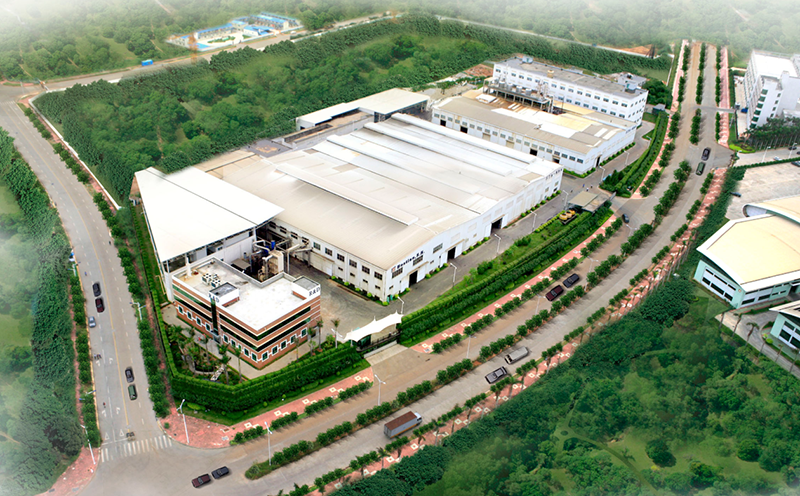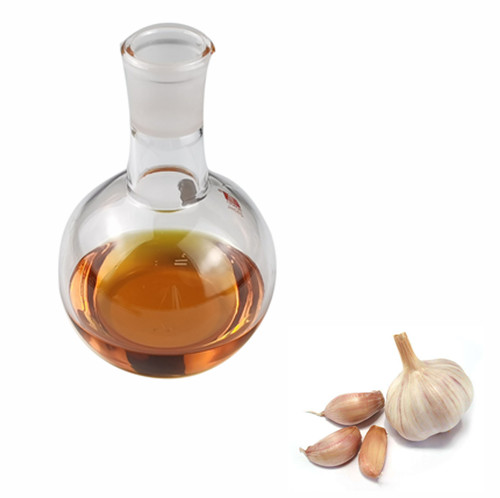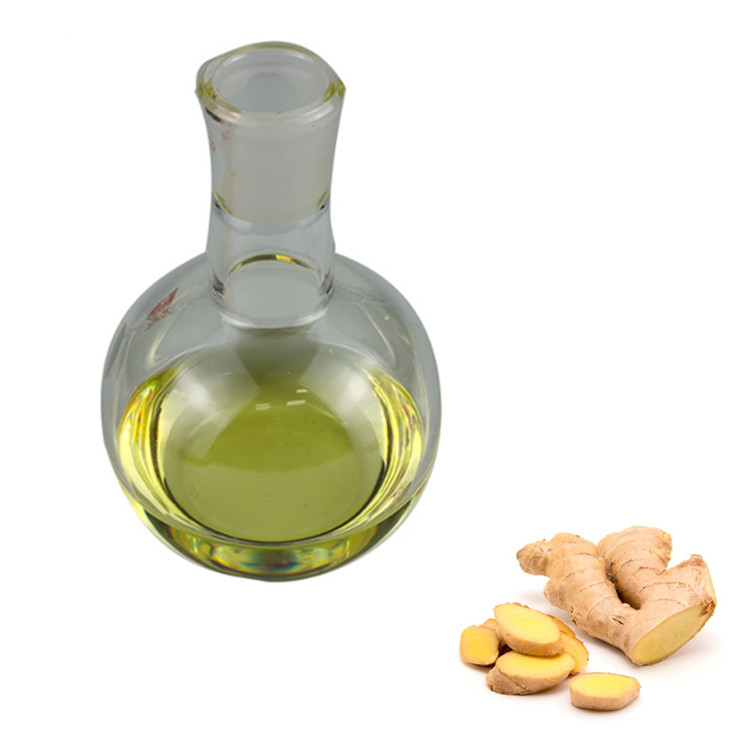STEAM DISTILLATION | Applied to Ginger Oil and Garlic Oil Manufacturing
At Hefei Dielegance Biotechnology Co., Ltd., we ask not just “what if?”, but “why not?”, as we redefine what a herbal extracts, tea powder, garlic oil and ginger oil company can stand for.
Our global team of 5,000 use the latest science, insights, research, creative thinking and customer understanding to develop products that make an impact with consumers across the world.
Research and development is more often than not a crucial factor in the survival of a company. Our company placed much focus on R&D, from personnel and financial, which make our company innovative and always in the leading place.
Besides, our company always adheres to the concept of “to be genuine with customers” and “to focus on the product quality”, which make us earn a good reputation throughout the world herbal extract market.
Along with the time going on, the company develops step by step to establish a much more solid foundation for the future development. Moreover, the R&D team is becoming stronger and stronger via participation of university R&D team.
You will not regret to choose us as your business partner because you will not find a great team like us Dielegance Biotechnology in China.

Steam distillation is the process of separating organic compounds or volatile organic compounds (VOCs) from water or water-based process fluids. It is a continuous distillation process particularly useful for removing temperature-sensitive solutes such as natural aromatic compounds.
Steam distillation is a separation technique that harnesses the low boiling point property of immiscible mixtures. It is predominately used to separate temperature-sensitive organic molecules from a non-volatile contaminant. The organic molecule must be immiscible in water.
Steam Distillation is used for distilling volatile components from various raw materials, like spices, seeds, leaves, roots etc. These oils are generally recovered by directly applying steam to raw materials followed by condensation of the distillate. The temperature of the steam needs to be carefully controlled – just enough to force the plant material to let go of the essential oil, yet not too hot as to burn the plant material or the essential oil. Different components of these essential oils contribute to the characteristic fragrance and aroma. These oils can be customised to meet the exact requirement of the user.








